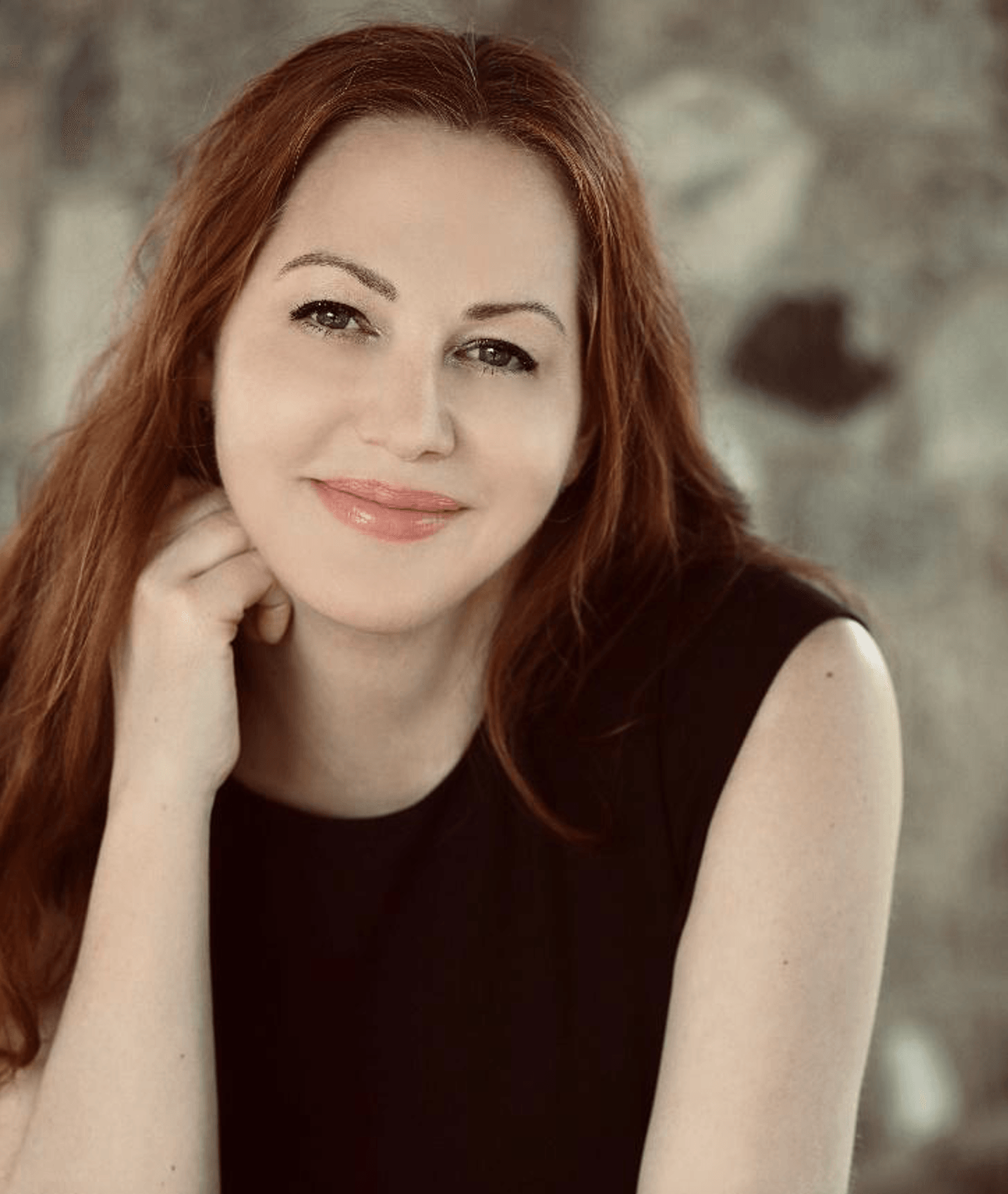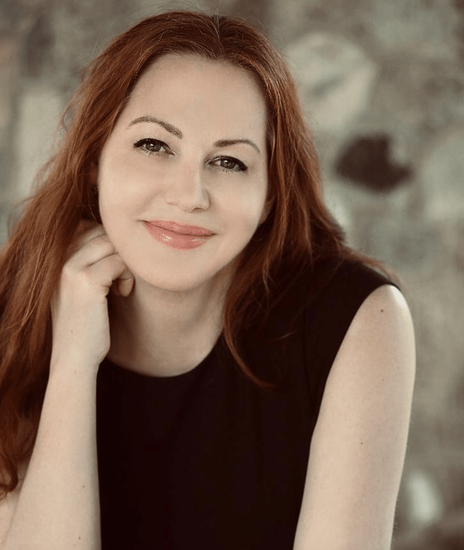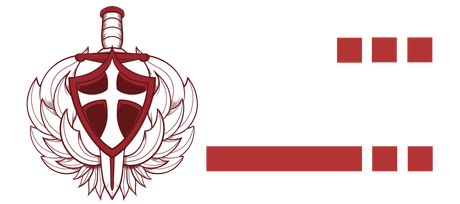Institute for Child Custody Advocacy
It’s time to protect child custody rights.
JOIN THE FIGHT
City skyline
Our Mission
Our mission is to create more equitable Family Court practices and procedures by championing legislative safeguards that defend the fundamental right to parent.
We believe that there should always be easy access to legal protections in cases which include safety concerns and abuse claims.
However, the Court’s willingness to sever the parent-child bond without strict scrutiny standards should be the exception and not the rule.
Our purpose is to create parental protections around people while they rebuild their professional and personal lives.
The Solution
Legislative Safeguards- in a rare display of mutual agreement, both chambers of the Louisiana Legislature adopted resolutions to "urge and request the Louisiana State Law Institute (LSLI) to review (state) laws, rules, regulations, policies, and procedures related to mental health evaluations used in child custody and visitation proceedings." This joint resolution expands the scope of inquiry beyond credentials for mental health evaluations to the application of legal standards and the parental protections afforded by the constitution. Additionally, the resolution encourages collaborative co-parenting while discouraging approaches that strip parental and custodial rights from either parent, unless doing so under the domestic violence laws.
The Institute is collaborating with LSLI, parent advocacy groups, domestic violence coalitions, and other stakeholders to promote more equitable family court practices and to protect parental rights for fit parents, most often while they are struggling to rebuild their lives after a long, expensive, and contentious divorce. The Institute wants to end the weaponization of the family court system by malicious parents. More money should not mean more fit to love and parent your child.
City skyline
What is the connection between Family Courts and Domestic Abuse?
Most couples who end up in the Family Court System usually have at least one abusive party involved. It is a self-selecting process, because in most cases with two good people, an equitable settlement is made before ever entering the Family Court System.












